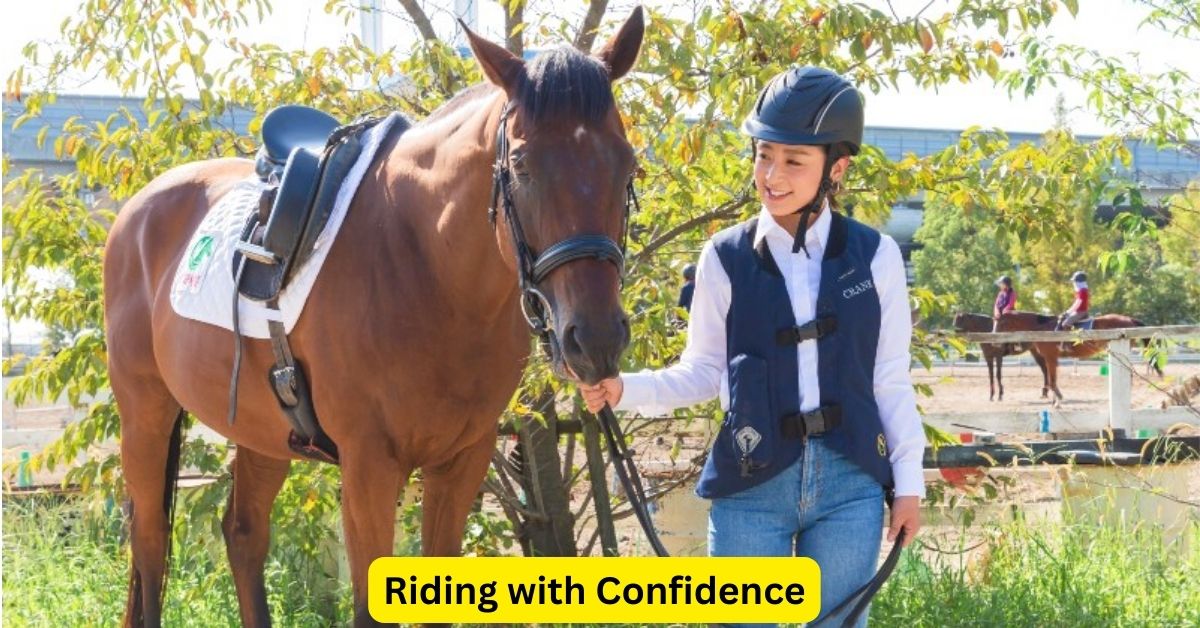Equestrian activities, from horseback riding lessons to competitive events, offer a unique blend of sport, leisure, and connection with majestic animals. However, these activities come with inherent risks, including accidents, injuries, and property damage. Whether you own a riding school, manage an equestrian event, or simply enjoy horseback riding as a hobby, having the right insurance coverage is crucial to protect yourself and your investments. Here’s a guide to the essential types of insurance for equestrian activities.
1. Equine Liability Insurance
Equine liability insurance is a must-have for anyone involved in equestrian activities. Horses are unpredictable animals, and even well-trained ones can cause accidents that lead to injuries or property damage. Equine liability insurance provides coverage against legal claims arising from accidents caused by your horse, protecting you from potentially costly lawsuits.
This type of insurance covers a range of situations, including accidents during riding lessons, trail rides, or public events. It’s essential for horse owners, trainers, and equestrian facility operators to ensure they are protected against third-party claims for bodily injury or property damage. Some policies can even be tailored to cover specific activities, such as horse shows or riding camps.
2. Property and Stable Insurance
Equestrian activities often require significant investments in property, equipment, and facilities. Property and stable insurance can protect your assets against damages caused by fire, theft, vandalism, or natural disasters. This coverage can extend to barns, arenas, fencing, and riding equipment, ensuring that your investment is safeguarded against unexpected events.
Additionally, consider coverage for your horse trailers and transportation equipment, as these are critical to your equestrian operations. Policies can also include protection against loss of income if a covered event temporarily halts your business operations.
3. Personal Accident Insurance
For those who regularly participate in horseback riding, personal accident insurance is highly recommended. Riding can be a high-risk activity, with potential for falls and injuries. Personal accident insurance provides coverage for medical expenses, rehabilitation costs, and loss of income due to injury sustained while riding.
This coverage is particularly important for equestrians who compete professionally or ride frequently. It can also be beneficial for riding instructors, who may face a higher risk of injury due to their regular interaction with horses and riders.
4. Care, Custody, and Control Insurance
Care, custody, and control (CCC) insurance is essential for equestrian professionals who board, train, or transport horses owned by others. This policy provides protection if a horse in your care is injured or lost due to negligence. Without CCC insurance, you could be held financially responsible for veterinary bills or the value of the horse.
CCC insurance is a key consideration for riding schools, trainers, and boarding facilities, as it offers peace of mind knowing that you are covered in case of unforeseen incidents involving client horses.
Conclusion
In conclusion, comprehensive insurance coverage is essential for anyone involved in equestrian activities. By investing in equine liability, property and stable, personal accident, and care, custody, and control insurance, you can protect yourself, your assets, and your equine partners from potential risks. Consult with insurance professionals who specialize in equestrian policies to ensure that your coverage meets your specific needs, allowing you to ride with confidence and focus on the joy and thrill of equestrian pursuits.

